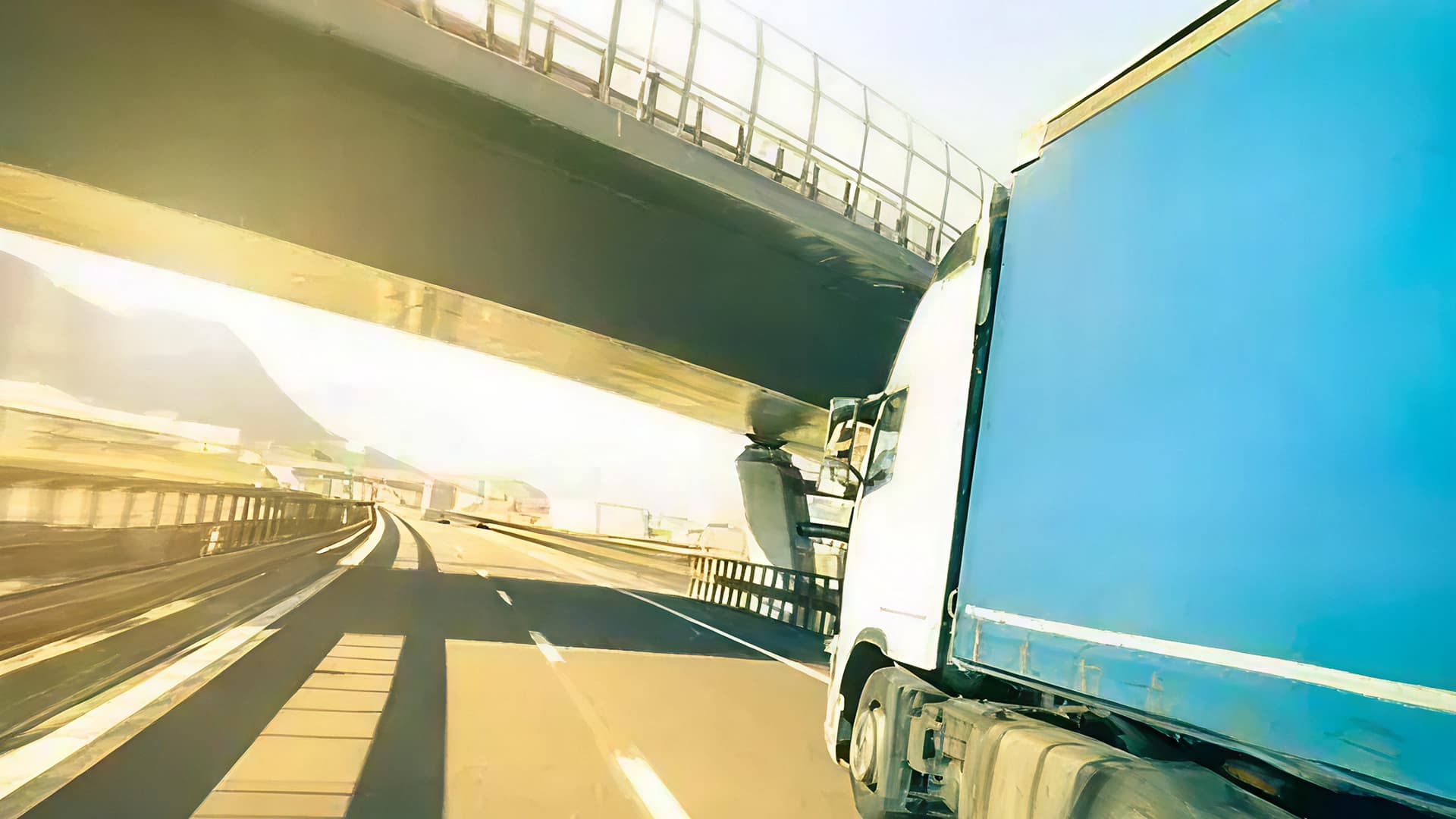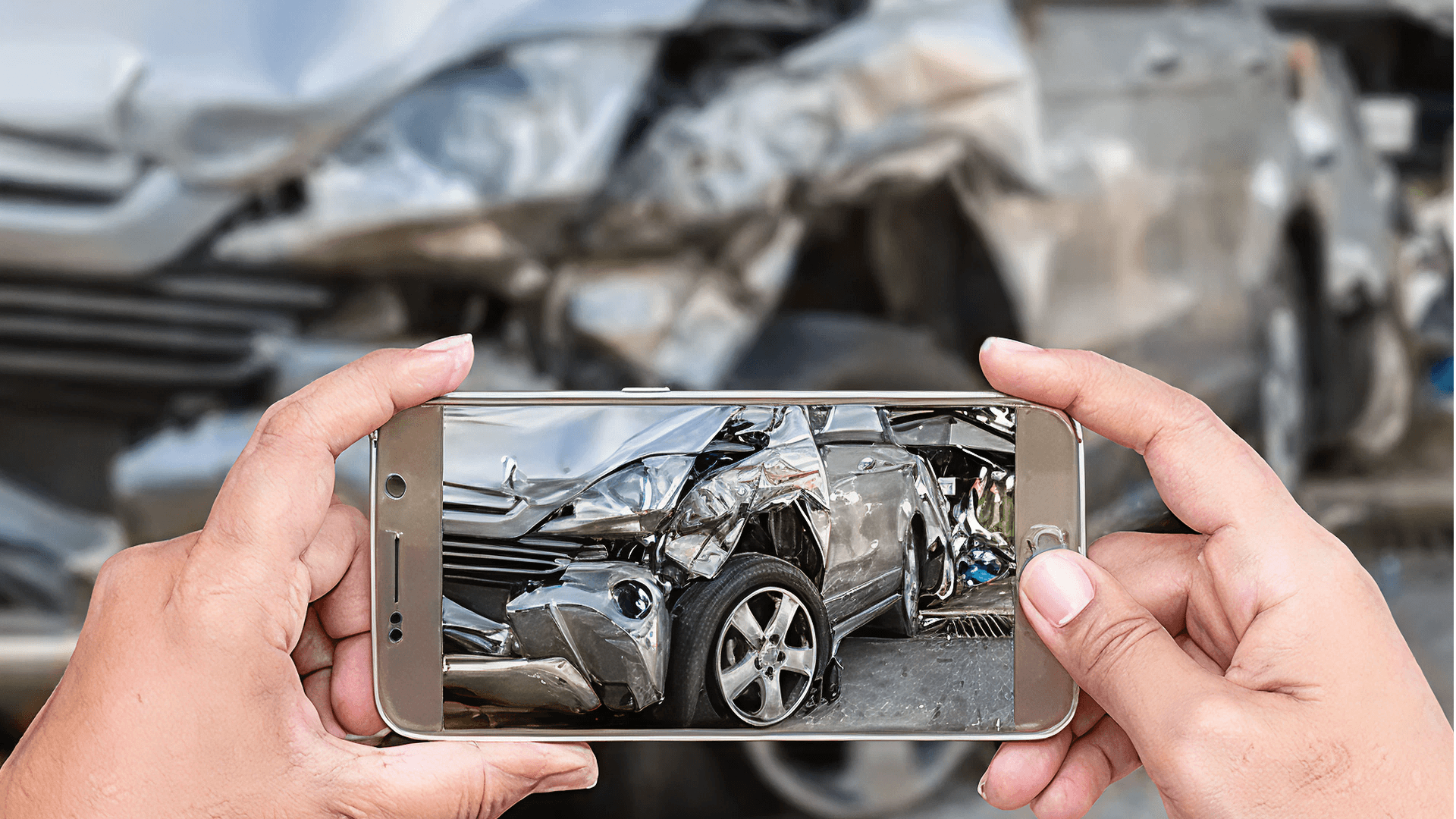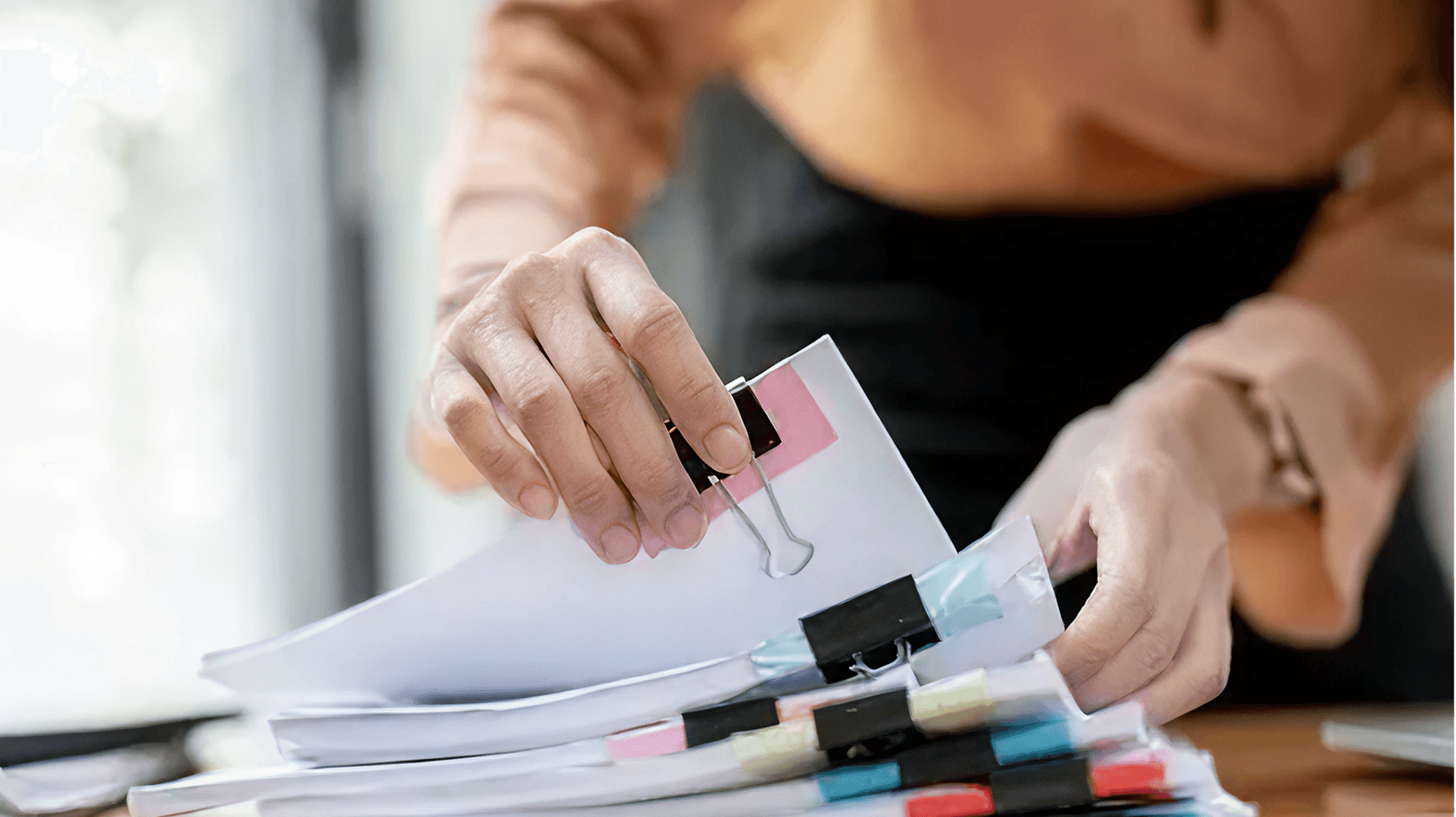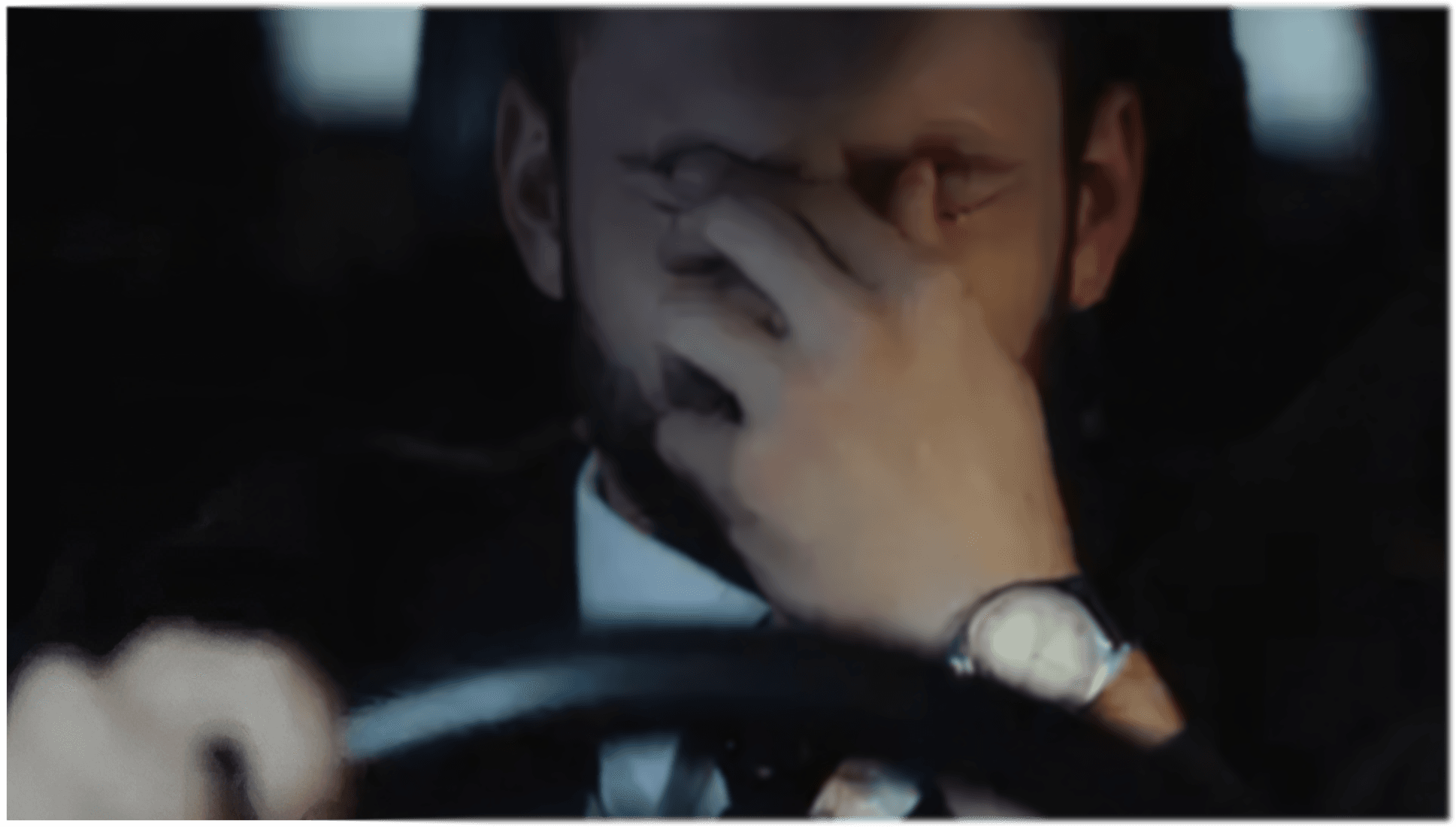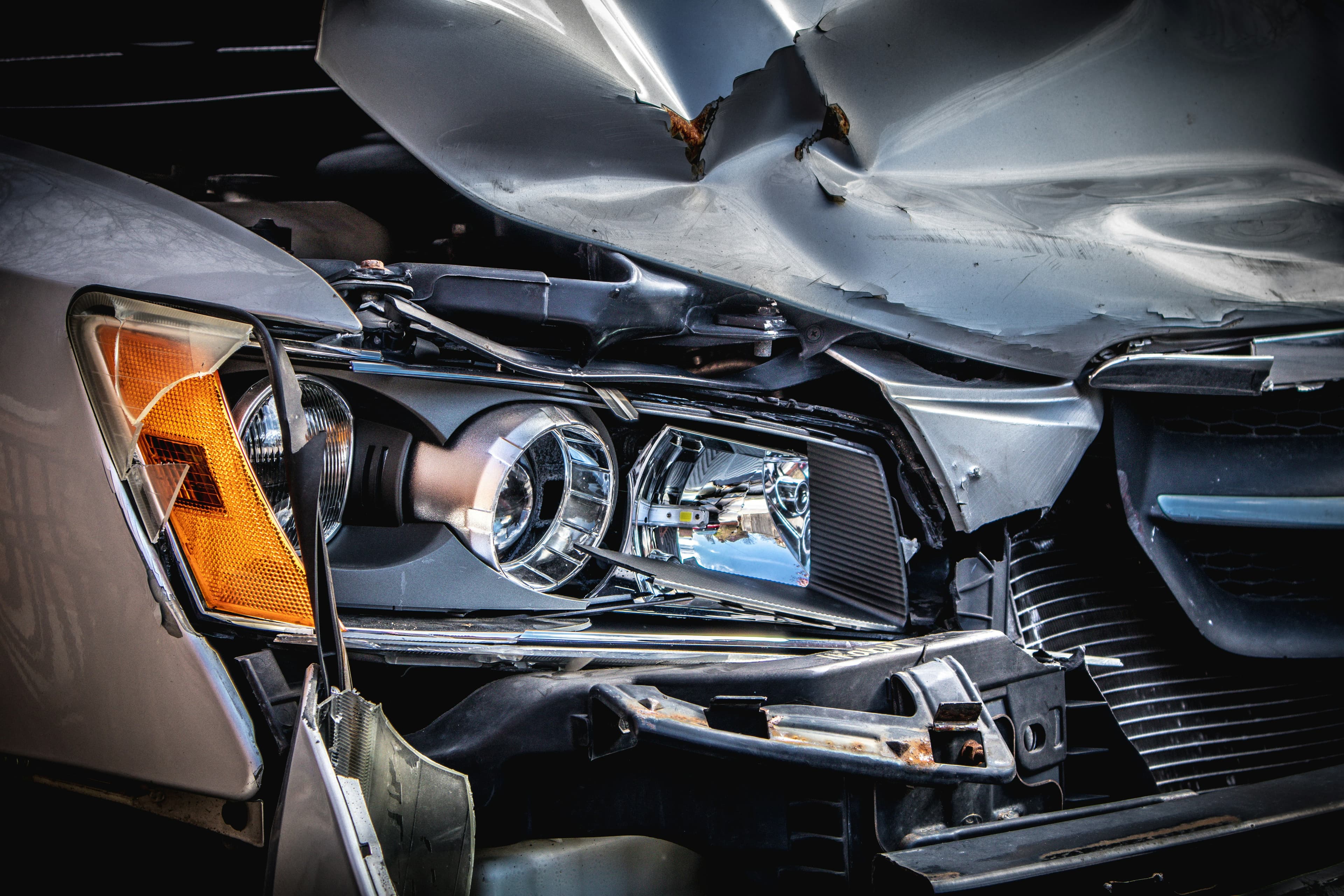
Accidents happen fast, and the aftermath can be overwhelming. If you’re involved in a car accident in Illinois, knowing what steps to take can protect your health, your rights, and any claim you may file.

Illinois has specific laws (like modified comparative negligence and reporting requirements) that affect what you should do. Here’s a plain-language guide on what to do after an Illinois car crash:
- Safety First
Check for Injuries and Call 911. Make sure you and anyone else involved are safe. If anyone is hurt, call 911 right away to get an ambulance and police on the scene. Illinois law actually requires drivers to render “reasonable assistance” to anyone injured, which includes calling for medical help. Even if injuries aren’t obvious, it’s wise to get medical professionals involved. Your first priority should always be health and safety.
- Call the Police and File a Report.
In Illinois, you should always contact the police after an accident, especially if someone is injured or there’s significant damage. In fact, state law requires that you report any crash involving injury, death, or enough property damage (over $1,500, or $500 if an uninsured driver is involved). Police officers are trained to handle accident scenes – they’ll secure the area, call additional emergency services if needed, and create an official accident report. That police report can be crucial for insurance claims or any legal action later. Even if you feel shaken and unsure of details, the officer will investigate and document the facts.
Tip: If the accident is minor and an officer doesn’t come to the scene, you are still required to report it as soon as possible to local law enforcement if it meets the injury or damage thresholds. Never just exchange information and leave without making a report when injuries or major damage are involved – failing to report can even lead to a license suspension.
- Exchange Information (But Don’t Admit Fault).
Illinois law requires drivers involved in an accident to exchange basic contact and vehicle information. Provide your name, address, and vehicle registration number to the other party, and show your driver’s license if asked. Similarly, get the other driver’s information – name, address, driver’s license number, license plate, and especially their insurance details. If there were any witnesses, politely ask for their names and contact information as well, because their statements could be helpful later. While talking to others at the scene (the other driver, witnesses, and police), stick to the facts of what happened.
It’s important not to admit fault or apologize excessively at the scene. Even saying something like “I’m sorry, I wasn’t paying attention” could be used against you later, even if the other driver was primarily at fault. In the shock of an accident, you might not have a clear picture of what caused the crash – another driver could be equally or more to blame. So exchange information and cooperate with the police, but avoid making statements about who was at fault. Let the investigation and evidence determine that.
- Document the Scene and Evidence.
If you’re able, collect evidence while still at the scene. Use your phone to take pictures of the vehicles (damage, license plates), the road conditions, skid marks, traffic signs or signals, and any visible injuries. Take wide shots of the entire scene and close-ups of anything relevant (like a broken traffic light or debris). This documentation can help show what happened and who might have been at fault. Also, take photos of the other car’s damage and position. If there are witnesses, you might record a short video statement (with their permission) or just note what they observed.
Additionally, keep track of details: the exact time and location, the weather (was it raining, foggy, daylight or dark?), and anything you hear the other driver or witnesses say about the crash. All this evidence can be very useful later when dealing with insurance or a legal case. Once the police report is available, be sure to get a copy for your records as well (in Illinois you can request it, often via a FOIA request). The more information you preserve, the better protected you are if stories change or fault is disputed.

- Notify Your Insurance Company.
Almost all auto insurance policies require policyholders to report any accidents promptly. Once you’re safe and have addressed immediate medical needs, call your insurance company and let them know what happened. Provide the basic facts of the crash (when, where, who was involved). Be honest and stick to the facts; do not speculate about fault – just tell them what you know. Fulfilling your policy’s notice requirement is important so that your insurance can’t later deny coverage for late reporting.
When talking to the other driver’s insurance company, be cautious. You are not obligated to give the other insurer a recorded statement without consulting your attorney. In fact, it’s often best not to speak in detail with the other side’s insurer until you get legal advice, as they may try to get you to say things to minimize your claim. If the other insurance company calls, you can politely decline to talk until you’ve sought guidance. However, do cooperate with your own insurer – failing to do so could jeopardize your coverage. Illinois is an “at-fault” state (not a no-fault state), which means ultimately the at-fault driver’s insurance should pay for the damages. But until fault is sorted out, you might be dealing with your own insurance for things like vehicle repairs or medical payments coverage, so keep them in the loop.
Tip: If the police did not come to the scene (for example, in a minor fender-bender), you may need to file a written report yourself. In Illinois, you must report a crash to the Illinois DOT if it involved injury, death, or significant property damage – this is usually done via an Illinois Motorist Crash Report form. Check the Illinois Secretary of State or police department website for the form and instructions if you find yourself in that situation. Timely reporting keeps you within the law and starts the claims process on the right foot.
- Understand Illinois Law: Fault, Comparative Negligence, and Your Rights.
Illinois follows a fault-based system for car accidents, meaning the driver who is responsible for the accident is liable for the damages. Illinois also uses a modified comparative negligence rule (often called the “51% bar rule”). This means you can still recover damages from the other party as long as you were not more than 50% at fault for the crash. If you are 51% or more to blame, you would be barred from recovering damages from the other driver. In practice, if both you and the other driver share some fault, your compensation would be reduced by your percentage of fault. For example, if the other driver was 70% at fault and you were 30% at fault, you could recover 70% of your damages (because the other driver’s share of fault is 70%). But if it were the reverse – you were found 70% at fault – you would only be able to recover 30%, and since 70% is greater than 50, the law would actually bar you from recovering anything in Illinois in that scenario.
The key point: being partially at fault doesn’t mean you have no case as long as the other party was more at fault than you. Don’t let an insurance adjuster automatically blame you and deny your claim without scrutinizing it – Illinois law is on your side if your fault was 50% or less. This is why it’s so important not to admit fault at the scene; fault can be complex and is often determined after an investigation. Let the evidence speak. If there’s any doubt about fault or if the other driver’s insurer is pointing fingers, consider getting legal advice to protect yourself. (Also, note that Illinois requires all drivers to carry liability insurance – at least $25,000 per person for injury, $50,000 per accident, and $20,000 for property damage. If the other driver broke this law and was uninsured or underinsured, you may need to rely on your own uninsured motorist coverage, which your policy is required to include. An attorney can help navigate this situation.)
- Be Aware of the Statute of Limitations.
Like every state, Illinois has a time limit for filing a lawsuit after a car accident. In Illinois, the statute of limitations for a personal injury claim (for injuries from a car crash) is two years from the date of the accident in most cases. This means if you were injured, you generally have up to two years to file a lawsuit against the at-fault driver (or other responsible parties). If you miss that two-year window, you will likely lose your right to pursue compensation in court.
There are a few exceptions (for example, if the injured person was a minor, the clock might start at age 18, or if you didn’t discover an injury right away, the clock might start when you discovered it – known as the discovery rule). But don’t count on an exception; it’s safest to assume you have two years. For property damage claims (damage to your vehicle or belongings), Illinois law actually gives a bit more time – up to five years to file a property damage lawsuit.
However, if you also have injuries, you will likely handle both under the injury claim timeline. Either way, it’s best not to delay. Important evidence can be lost over time, and memories of witnesses can fade. Reporting and starting the claims process soon after the accident will strengthen your case. Mark the date on your calendar and make sure to consult with an attorney well before the deadline if you’re considering legal action.

- Consult a Personal Injury Attorney (Free Consultation).
You might wonder if or when you should contact a lawyer after a car accident. While minor fender-benders with no injuries can often be handled through insurance without legal help, if you suffered injuries, significant vehicle damage, or if fault is disputed, it’s wise to at least talk with an experienced personal injury attorney. An attorney can help in many ways: they’ll handle communication with insurance companies (so you don’t accidentally say something that hurts your claim), gather additional evidence (like traffic camera footage or expert analyses of the crash if needed), and fight for fair compensation for all your damages, including medical bills, lost wages, pain and suffering, and more. Most importantly, a lawyer is your advocate—protecting your rights under Illinois law, especially when comparative negligence might be an issue.
At Salvi, Maher & Associates, we pride ourselves on a client-focused, compassionate approach. We can explain your options in plain language and give you an honest assessment of your case. There’s no charge for an initial consultation, so you can get legal guidance at no cost. Our firm works on a contingency fee basis, which means you don’t pay attorney fees unless we recover compensation for you – this ensures that anyone can access legal help, without upfront costs or added financial stress. By consulting an attorney, you can have peace of mind that you’re doing everything possible to protect yourself. Even if you decide not to hire one right away, you’ll at least understand your rights and the potential value of your claim.
A car accident can turn your life upside down, but following these steps will help you stay on the right track. Prioritize safety and health, fulfill your legal duties (like reporting and exchanging info), and understand that Illinois law is designed to be fair – even if you share some blame, you still have rights to compensation. Don’t let confusion or insurance tactics deprive you of the help you need. If you have questions about an accident in Illinois or want help pursuing a claim, Salvi, Maher & Associates is here for you. We are an ethical, client-centered personal injury firm ready to listen to your story and fight for your rights.
Contact us today for a free consultation. We’ll review your case, answer your questions, and help you determine the best next steps – with no obligation. You don’t have to go through this stressful time alone; we’re here to support you and ensure you know your rights every step of the way.
